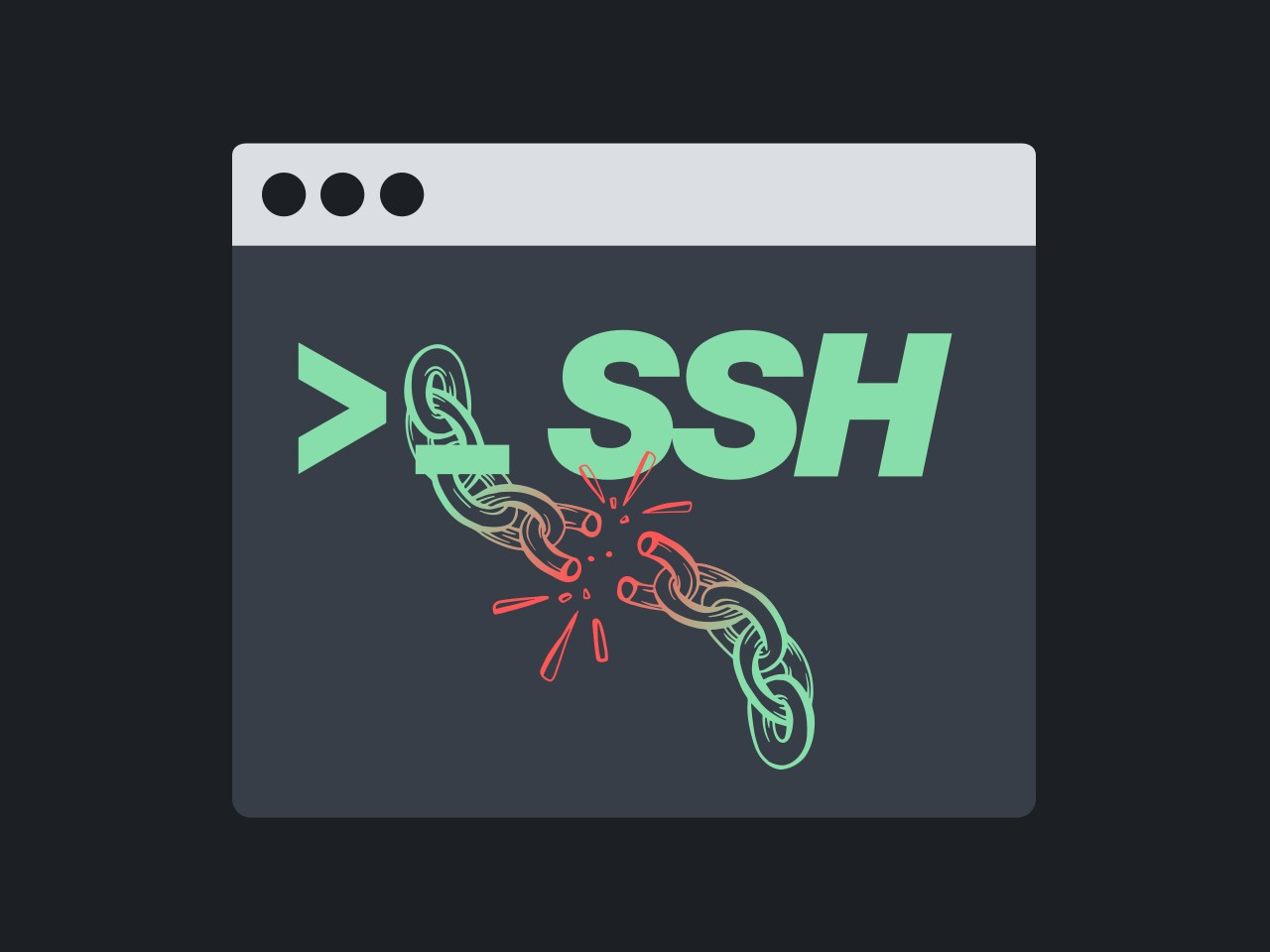In the digital age, where time is of the essence and efficiency is paramount, the ability to automate routine tasks can be a game-changer. Bash scripting, with its simplicity and power, offers a potent solution for automating everyday tasks on Unix-based systems like Linux and macOS. In this article, we explore how Bash scripting can streamline your workflow, simplify complex processes, and enhance productivity in your daily endeavors.
Embracing Automation with Bash Scripting
Automation is the key to freeing up valuable time and resources by delegating repetitive tasks to machines. Bash scripting provides a straightforward yet robust framework for automating a wide range of activities, from file management and system administration to data processing and software deployment. By harnessing the power of Bash scripting, you can automate mundane tasks, minimize human error, and focus on more strategic initiatives.
Simplifying Routine Tasks
Many everyday tasks in the realm of computing involve repetitive sequences of commands or operations. Whether it’s managing files, performing system maintenance, or executing shell commands, Bash scripting can simplify these tasks by encapsulating complex logic into concise and reusable scripts. With Bash scripting, you can create custom solutions tailored to your specific needs, making common tasks more accessible and less error-prone.
Enhancing Productivity and Efficiency
Time is a precious commodity, and every minute spent on manual tasks is a minute that could be allocated to more valuable pursuits. Bash scripting empowers you to reclaim your time by automating tedious chores and streamlining workflows. By automating routine tasks, you can significantly increase productivity, reduce workload, and focus on high-value activities that drive innovation and progress.
Examples of Everyday Automation with Bash Scripting
- File Management: Automate tasks such as renaming, copying, moving, and deleting files based on predefined criteria.
- System Maintenance: Schedule routine system maintenance tasks such as backups, updates, and disk cleanup to run automatically.
- Data Processing: Automate data processing tasks such as parsing log files, extracting information, and generating reports.
- Software Deployment: Streamline software deployment processes by automating package installation, configuration, and verification tasks.
Getting Started with Bash Scripting
Getting started with Bash scripting is easier than you might think. All you need is a text editor and a basic understanding of Bash syntax. Start by learning the fundamentals, such as variables, conditionals, loops, and functions. Experiment with small scripts to gain hands-on experience and gradually tackle more complex tasks as you become more proficient.
Best Practices for Bash Scripting
- Keep it simple: Write clear and concise scripts that are easy to understand and maintain.
- Use descriptive variable names: Choose meaningful names for variables to improve script readability.
- Comment your code: Document your scripts with comments to explain the purpose and logic behind each section.
- Test thoroughly: Test your scripts in different scenarios to ensure they behave as expected and handle edge cases gracefully.
- Version control: Use version control systems like Git to track changes to your scripts and collaborate with others.
Conclusion
Bash scripting offers a powerful toolkit for automating and simplifying everyday tasks, allowing you to reclaim your time and focus on what matters most. By embracing automation with Bash scripting, you can streamline your workflow, reduce manual effort, and unlock new levels of productivity and efficiency. Whether you’re a sysadmin, developer, or power user, mastering Bash scripting is a skill that will serve you well in your journey towards greater automation and simplicity in your daily life.











